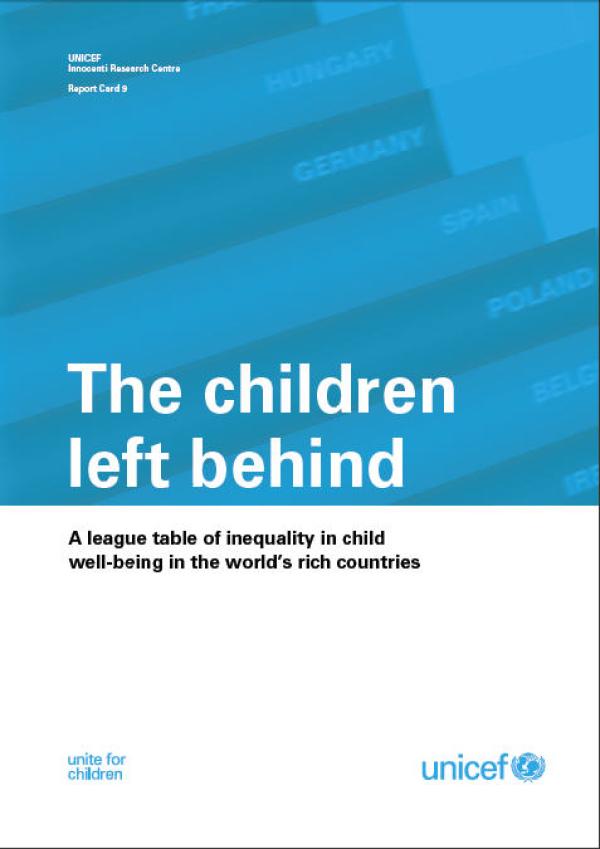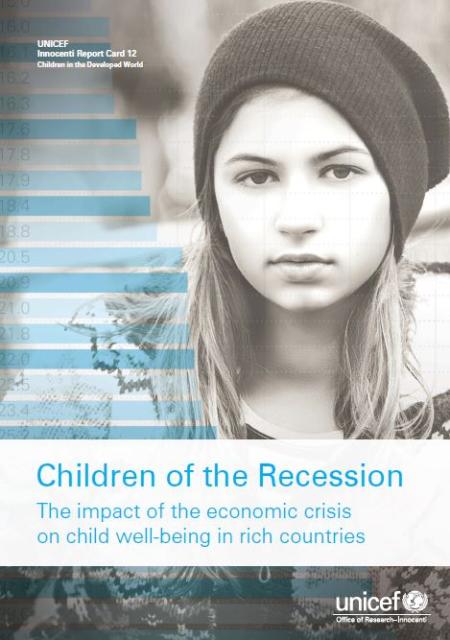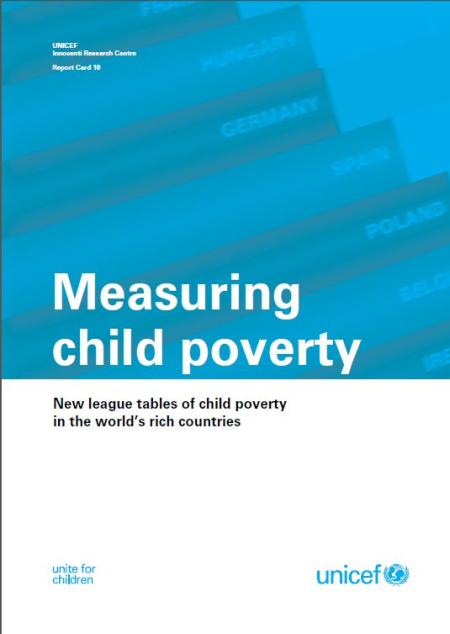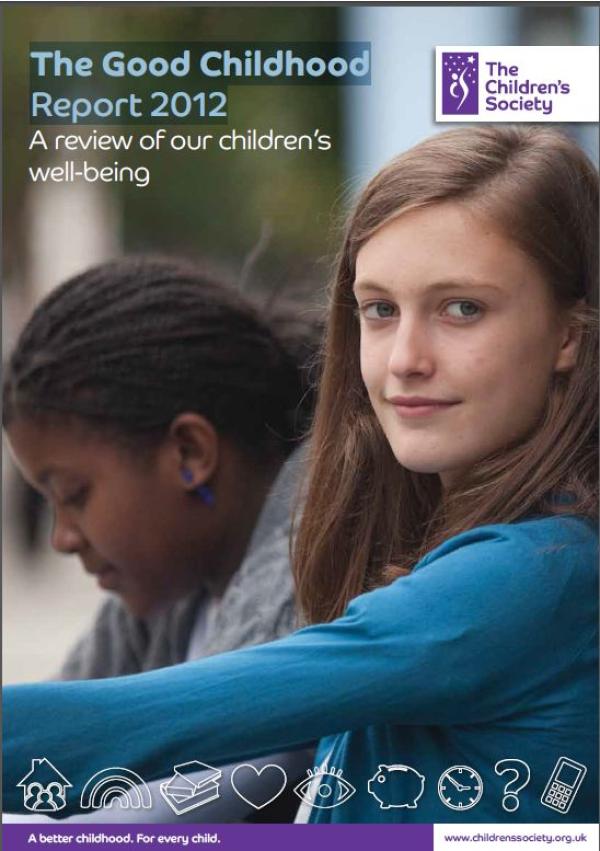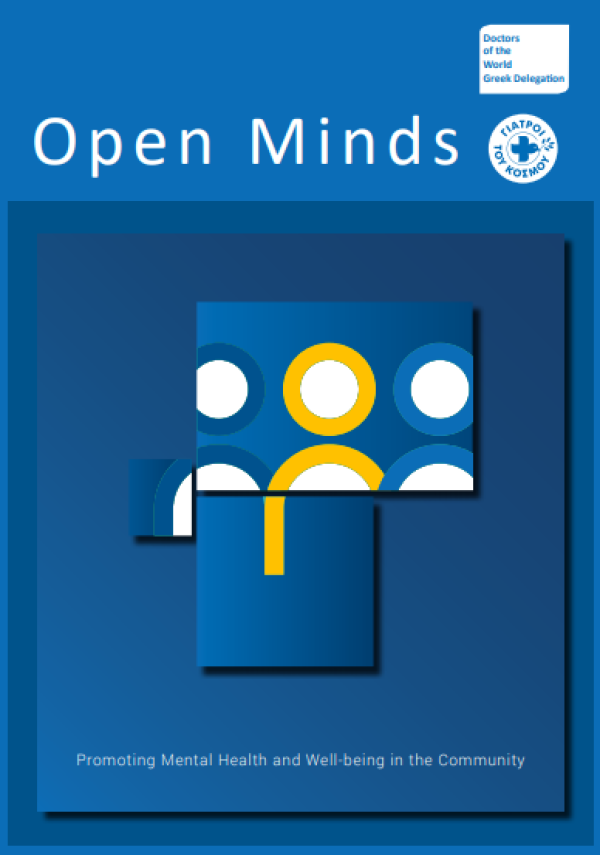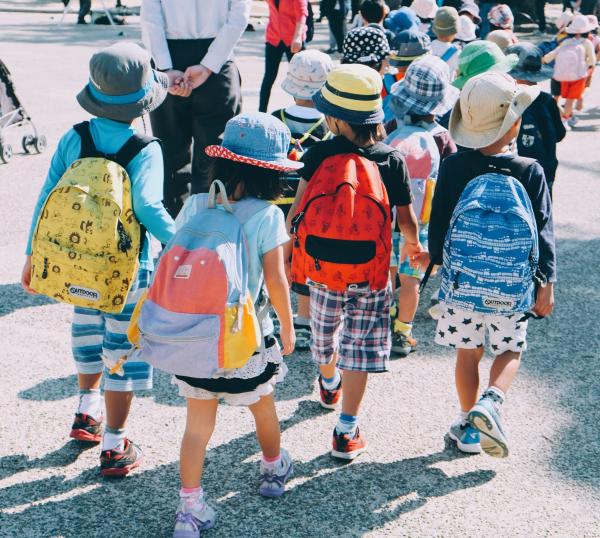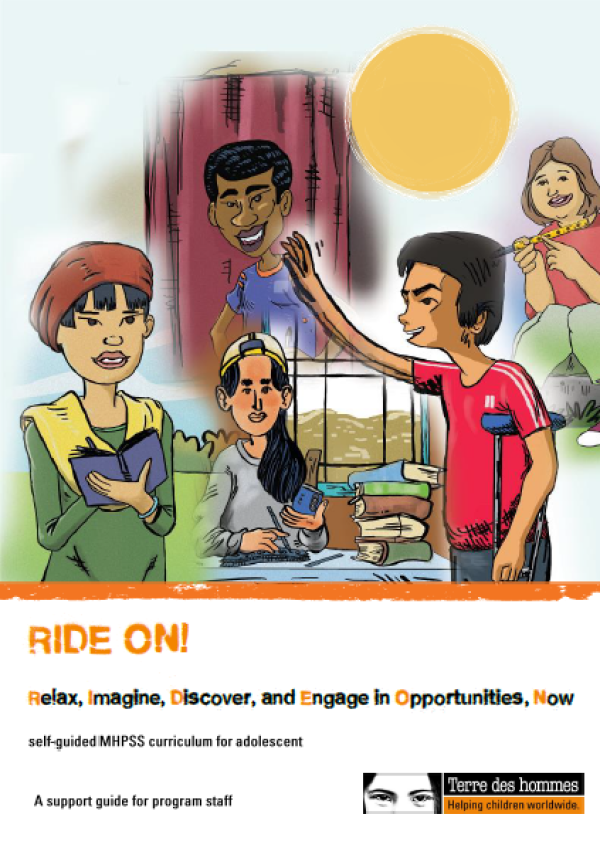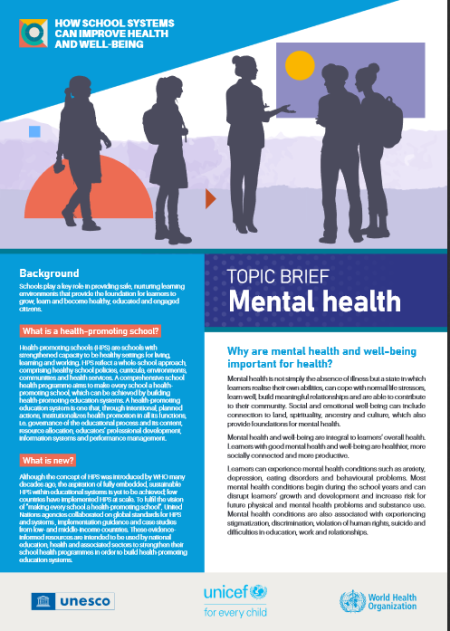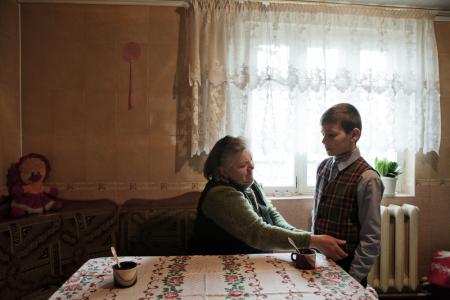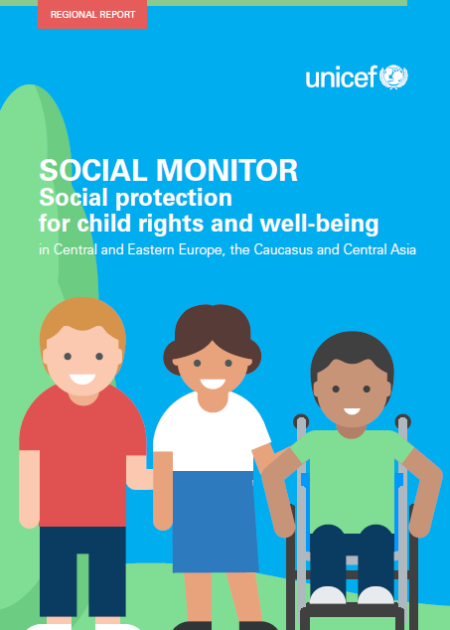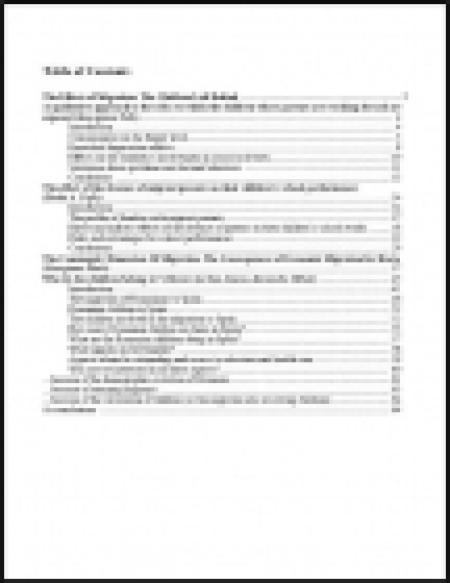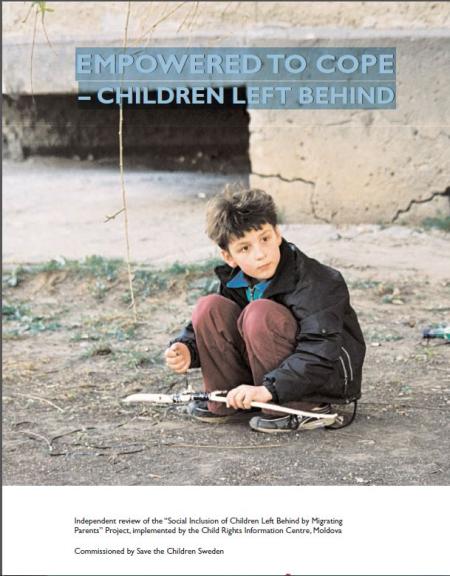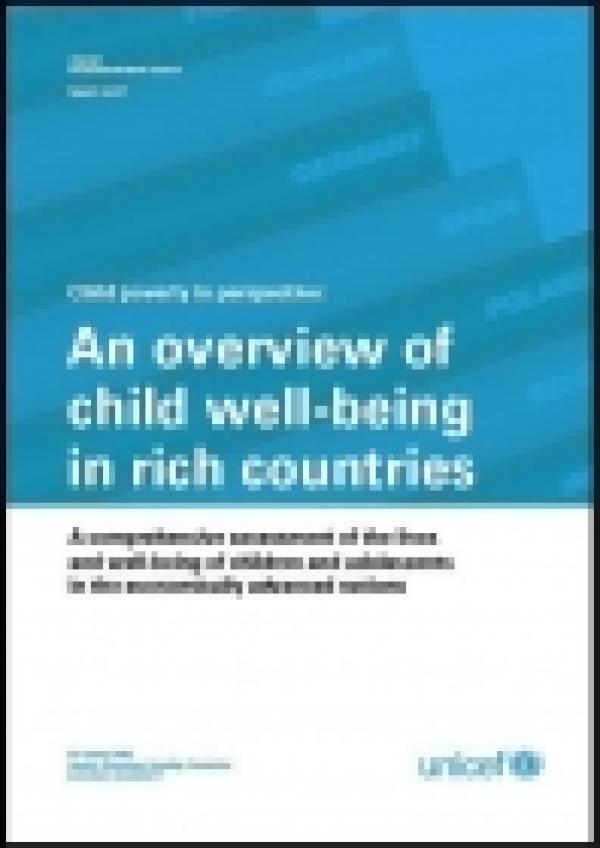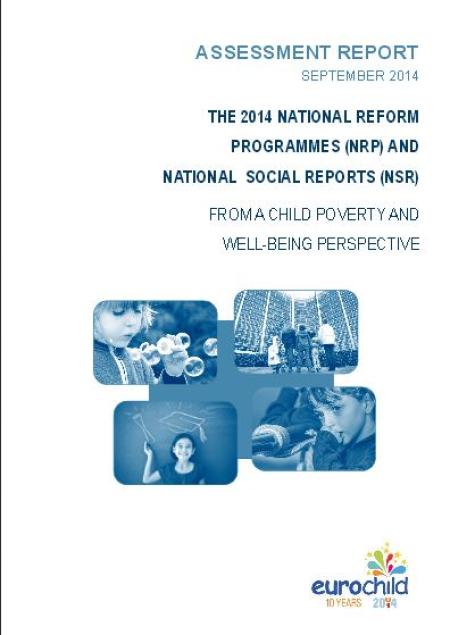
Whether in health, in education, or in material well-being, some children will always fall behind the average. The critical question is – how far behind? Is there a point beyond which falling behind is not inevitable but policy susceptible, not unavoidable but unacceptable, not inequality but inequity? There are no widely agreed theoretical answers to these questions. Report Card 9 seeks to stimulate debate on the issue by introducing a common measure of ‘bottom-end inequality’. This permits each country’s performance to be assessed according to the standard of what the best-performing countries have been able to achieve. Such a standard may not represent the best that may be aspired to in theory, but in practice it suggests a level below which ‘falling behind’ is manifestly not inevitable. The Report Card series is premised on the belief that the true measure of a nation’s standing is how well it attends to its children – their health and safety, their material security, their education and socialization, and their sense of being loved, valued, and included in the families and societies into which they are born. Its common theme is that protecting children during their vital, vulnerable years of growth is both the mark of a civilized society and the means of building a better future. This ninth report in the series builds on previous issues by focusing specifically on those children in all OECD countries who are at risk of being left behind – of being neither included nor protected – by the wealthy societies in which they live.


